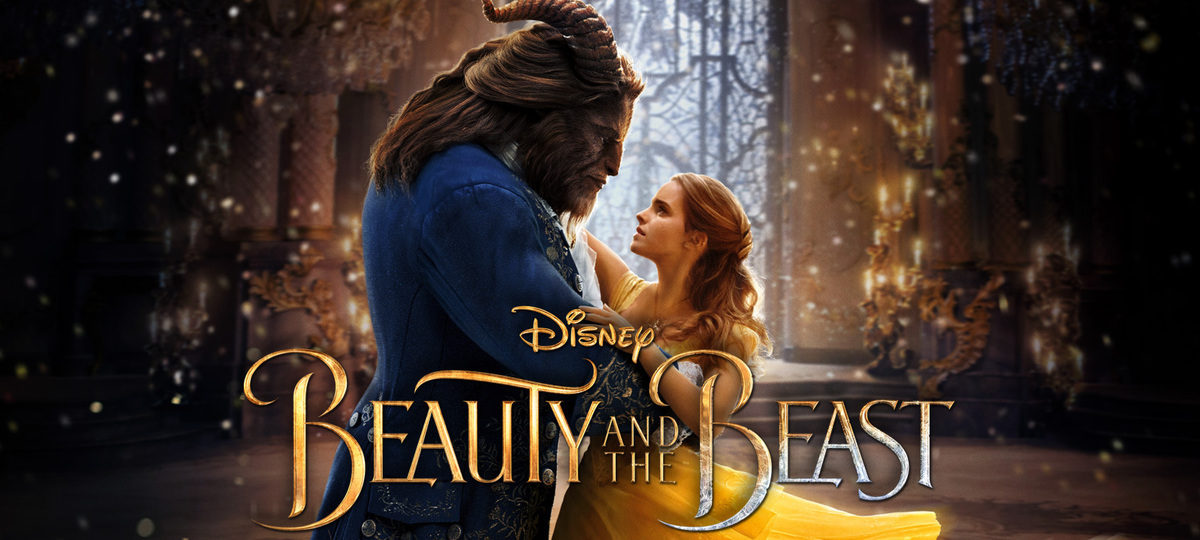Beauty and the Beast

Safecity is reviewing films that are stepping out to highlight the innate gender roles, discrimination, stereotypes, sexual harassment, misogyny and sexism which have been an ingrained part of cinema for a long time through our blog series “Feminism in Reel Life”authored by Ishmeet Nagpal.
A dentist turned social activist, Dr. Ishmeet Nagpal has been working for women’s health and gender rights for 4 years in different parts of India. Currently in Mumbai, she works with students and journalists, on issues of gender identity and gender perceptions, as well as sexual harassment at the workplace.
Beauty and the Beast
Standing up for the right to love who you choose.
Heroes are heroes, they don’t come in genders, sometimes they don’t even come as human beings. Beauty and the Beast is an age old story and it is heartening to see the story grow according to the changing times of our world and open up a discussion on consent, compassion, right to love, and courage; irrespective of gender and sexual orientation.
The movie challenges the traditional ideas of bravery and masculinity. The common perception is that women play the nurturing role in parenting, but here we have a loving father who breaks out of the rigid constructs of how a father and a mother should behave. We have a Beast who loves to read poetry and romance, even as he claims he’s reading about men and swords, but retracts quickly when Belle gives him the feeling that he doesn’t have to put on the garb of ‘manliness’ to be accepted by a friend.
The movie also takes forward the conversation of consent, and right to choose. Belle refuses to marry Gaston, and categorically says ‘NO’. On the other hand, she is the one to lift up her arms first to dance with Beast. The choices are entirely of her own free will. But it also brings an uncomfortable resonance with real life problems, when Gaston refuses to accept her ‘NO’, and continues to pursue (even harass?) her. He uses every trick in the book- stalking, condescendingly telling her what a catch he is, even resorting to blackmail to ‘get’ Belle.
Even in today’s modern world, some men are versions of the same narcissitic Gaston, ranging from the ones who whine about being friendzoned (whatever that means) to the seriously dangerous stalkers and acid attackers. Many men delude themselves with a feeling of entitlement, that if he has all the qualities he deems good enough, and he has feelings for a woman, they MUST be reciprocated, and he will pester her to explain her reasons to refuse. No, love is not about how handsome you are, or how educated, or how much you earn. Belle shows us that qualities like generosity, gentleness, and courage, are what make Beast endearing to her.
Belle embodies the double jeopardy women face if they fit into the society’s mould of beauty. Even though everyone acknowledges her external beauty, and Gaston even falls in love with it, her real qualities and nature are not accepted by people as easily. Maybe no one wants to explore further, and are satisfied falling in love with only external beauty, without getting to know her as deeply as Beast did. This is evident when Gaston easily devalues her statements of the Beast’s defence, in front of a mob and easily accuses her of being under the influence of ‘dark magic’. Witch hunting and accusations of indulging in black magic, have been used as tools to curb a woman’s freedom of speech and control her sexuality, for centuries, and do exist in the modern world as well.
Beauty and the Beast rescue each other and fight to protect each other, whether it means Beast saving Belle from wolves, or Belle nursing him to health, or the final sequence where Belle is his ‘Knight in shining gown’, so to speak. Belle’s father describes her mother as ‘fearless’, and that is what Belle embodies. She does not hesitate to pick up nearby objects to use them as weapons of self defence, and is hardly a ‘damsel in distress’.
Beauty and the Beast is a movie that brings forward nuances of blurred gender roles, love irrespective of sexuality, toxic masculinity, and a woman’s ability to be more than a bystander while someone saves her. The idea of binary roles of gender is long overdue for an overhaul, and it is admirable that sensible Bollywood and Hollywood movies are leading the change.
Opinions expressed are of the writer.


